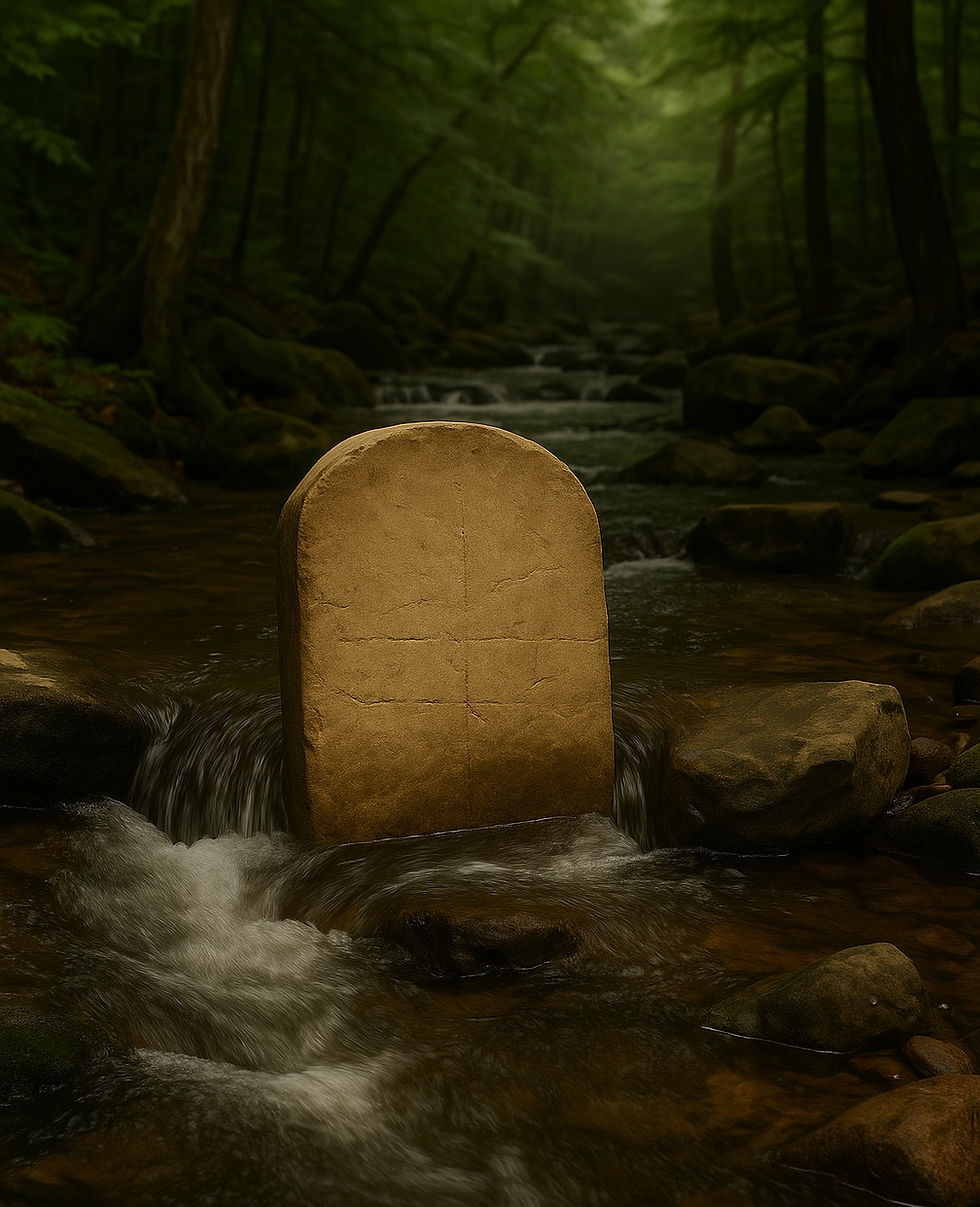The Sacred Yes: Reclaiming Pleasure as a Path to the Divine
- Gregory Loewen

- Mar 25, 2025
- 2 min read

On a recent journey through India—a country rich in ancient spiritual devotion—I witnessed the immense depth of human longing for connection with the divine. I saw pilgrims walking barefoot for miles through heat and dust to reach sacred sites. I stood by the Ganges and watched as people bathed in its cold, murky waters, seeking purification and rebirth. I met seekers who had renounced comfort, luxury, even pleasure, all in pursuit of something greater than themselves.
There was beauty in their sacrifice. A true belief and commitment that their actions would provide them with a glorious path through eternity. I admired their dedication. And yet, I came away with a question I couldn’t shake:
Must the path to enlightenment always be paved in suffering?
For centuries, the dominant spiritual narrative has centered around self-denial.Deny the body.Deny desire.Deny pleasure.Endure discomfort as a kind of offering.
But what if there’s another way?
What if pleasure, too, can be a sacred offering?
At the Church of Unreasonable Happiness, we honor all sincere paths to the divine—including those forged through discipline, devotion, sacrifice, and service. These are beautiful expressions of spiritual longing. But we also believe there is a path that’s been overlooked, even feared:The path of conscious pleasure.
Not pleasure as an escape.Not through excess or ego-driven indulgence.Not through gratification that comes at the expense of others.
But pleasure rooted in presence.The pleasure that honors boundaries, deepens consent, and never forgets the humanity of those we share it with.
This kind of pleasure is not about chasing highs or feeding the ego. It’s about returning to the body with reverence. It’s about slowing down enough to feel—really feel. To soften. To open. To connect with ourselves, with others, and with the mystery that breathes through all of life.
Yes, suffering can crack us open.But so can ecstasy.Yes, sacrifice can bring insight.But so can sensation.Yes, detachment can lead to peace.But so can the deep, embodied yes of being fully alive.
When we embrace pleasure consciously—with humility, presence, and care—it becomes a sacred teacher.It dissolves shame.It rewrites old stories of guilt and unworthiness.It reminds us that we are not just minds seeking truth, but bodies longing to belong.
It teaches us to receive without taking.To feel without grasping.To express desire without domination.To trust our own bodies—and to honor the bodies of others with the same grace.
Pleasure, in this light, is not a selfish pursuit.It is a devotional act.A way back to the holy, beating heart of now.
And in doing so, it reminds us that the divine is not only found in temples and texts, but in our breath, our touch, our joy.
In the same way pilgrims walk toward holy places, we can walk toward our own inner temple—guided not just by pain, but by delight.
Moksha, or liberation, may not lie solely in turning away from the world.Sometimes, it lies in leaning all the way in—Into beauty, into connection, into the sacred pulse of pleasure.
Both paths have wisdom.But in a world already burdened with guilt, fear, and shame,perhaps it’s time we remember: joy is holy, too.
4o



Comments